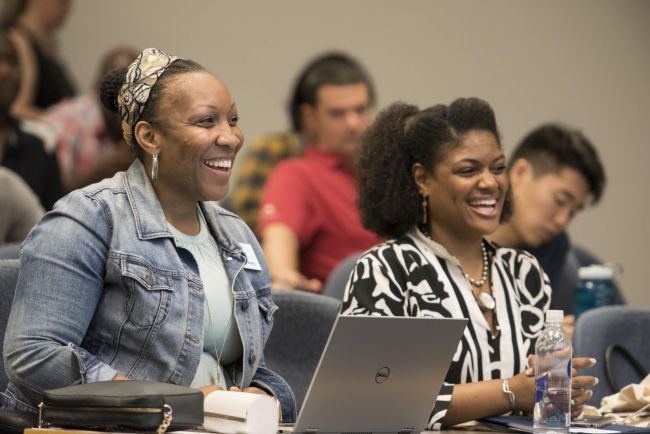In-person
For Clergy
For Lay Leaders
General Audience
Come expand your theological imagination, grapple with practical problems, and continue a journey of reconciliation within a wider community at Duke Divinity School's Summer Institute for Reconciliation. At this annual event, the focus on reconciliation is grounded in a distinctively Christian vision and a framework that is richly practical, contextual, and theological.

